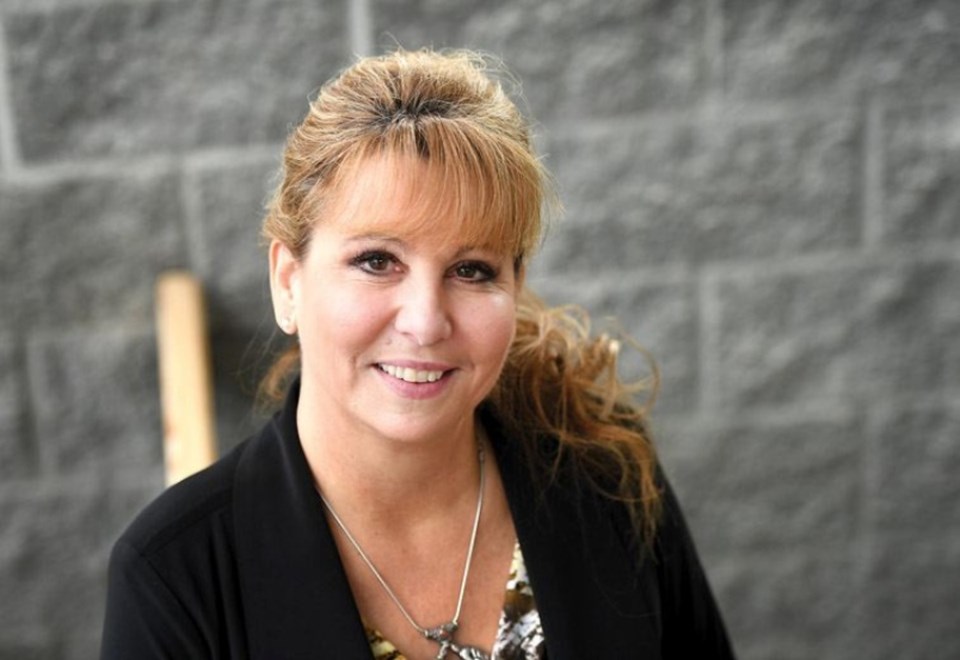The Courier reached out to the six B.C. Liberal politicians vying to become leader of the party this week. Each candidate was asked the same questions for a short profile of their views on issues facing Vancouverites.
A consolidated and centralized consortium of services for those struggling with substance use is among the main pillars of B.C. Liberal leader hopeful Dianne Watts’ plans to combat the province’s ever-growing opioid crisis.
The former Surrey mayor and MP spoke to the Courier on the same day — Jan. 31 — that a similar treatment model was announced to serve as an ancillary site to Surrey Memorial Hospital.
That same day, BC Coroners Service released stats pointing to more than 1,400 deaths in B.C. last year that were attributed to illicit drug overdoses.
Slated to open in 2019, the Mental Health and Substance Use Urgent Care Response Centre is intended to streamline access to mental health and substance use services. It will include psychiatric assessments and crisis stabilization and support, with Substance use clinicians on hand along with access to methadone and Suboxone.
“The opioid crisis is right across the country,” Watts said. “This crosses party lines. This is not a partisan issue. This is something where every single party of all stripes and communities need to come together to deal with this epidemic.
The flip side of that service delivery model is that it frees up wait times at Surrey Memorial Hospital, and allows quicker access to the acutely ill.
The Surrey example is an extension of what Watts envisions as a “health precinct” model of addictions treatment: sobering centres, detox treatment, second-stage housing, and emergency housing all within a stone’s throw of a traditional hospital setting.
The former long-standing Surrey mayor also supports increased enforcement at points of entry into Canada.
“We have to stop the flow and that means tightening our borders, tightening our ports because they’re coming in from overseas,” Watts said.
Watts is the lone contender among the six leadership hopefuls who is not a sitting MLA. Her time in municipal politics spanned 18 years, including a nine-year runs as mayor from 2005 to 2014. She most recently served as a Conservative MP for South Surrey-White Rock, before stepping down in September of last year.
As for another file that’s challenging Vancouverites, Watts suggests a number of fixes to improve the region’s housing stock and bolster affordability: more building near transit hubs, giving developers incentives for doing so and diversifying the types of housing being built. She’s toured through B.C. towns in recent months where municipal staffing levels have fallen behind building demands. In those cases, she suggests seconding city staff from some of B.C.’s larger cities to help fill those gaps.
Those cross-province travels since announcing her leadership bid have also given Watts insights into infrastructure improvements. She points to the lack of rapid transit options on the revamped Port Mann Bridge as a sore spot. Ditto with the NDP backing away from replacing the George Massey Tunnel with a bridge. In Watts’ world, that bridge would have included SkyTrain connectivity to the Canada Line.
“I see some missed opportunities, but I think that if we can align the thinking and really look at it as an entire system, we can move it forward,” she said.
On the childcare front, Watts opposes to the NDP’s $10-a-day child care promise.
Instead, Watts’s alternatives include purpose built spaces for daycares within building envelopes, partnering with the private and non-profit sectors — the YWCA runs a number of childcare programs in Surrey — and situating afterschool programs in the schools themselves, when community centres aren’t an option. She’s also wants practicum students — those studying early childhood education, for example — to bolster the child care workforce.
“We have to use some creative ways, because $10-a-day daycare is billions of dollars,” she said.



